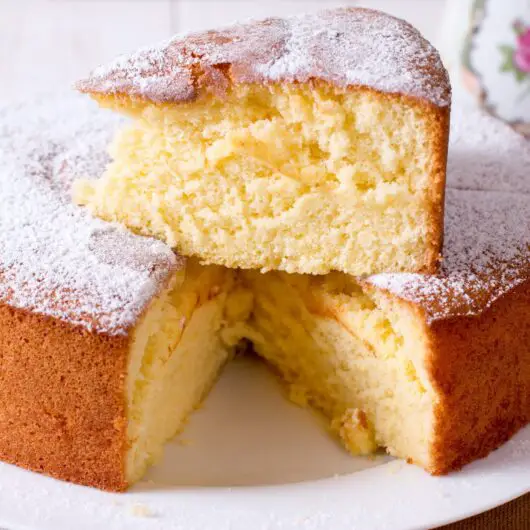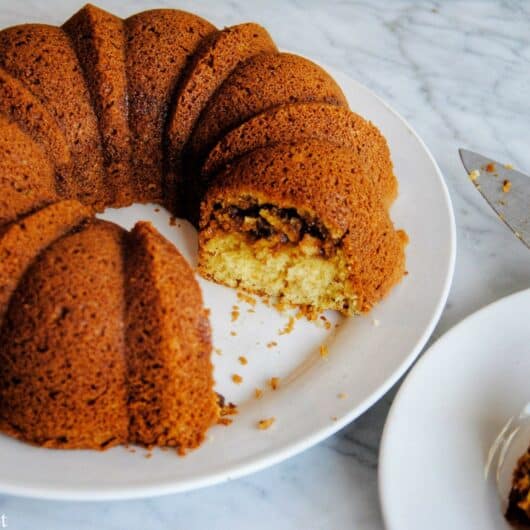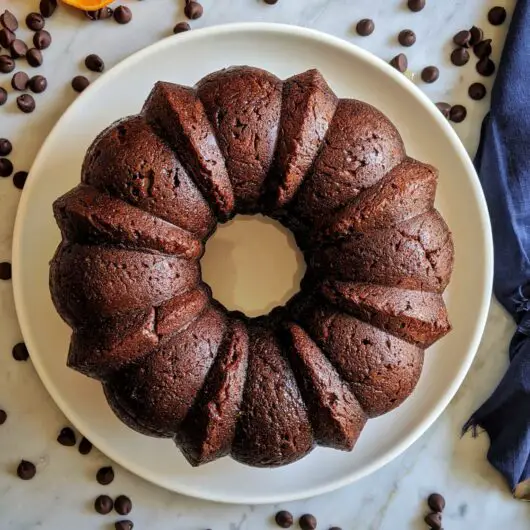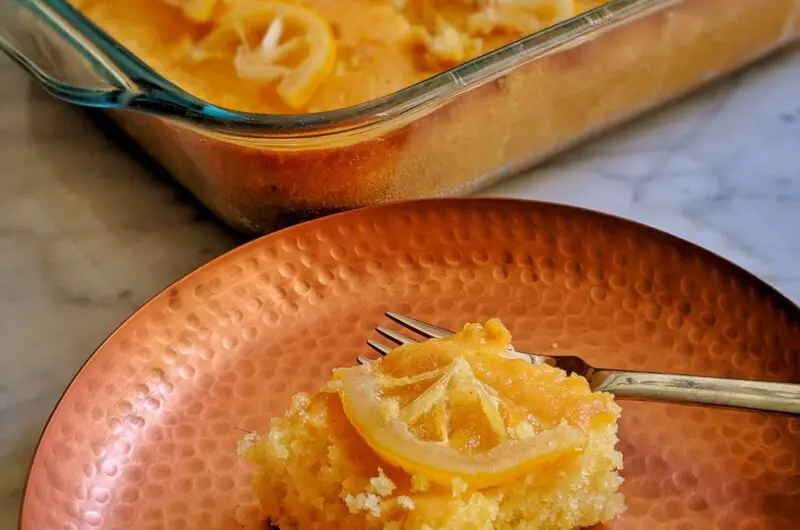A good old fashioned tray bake makes the world a better place. So why not whip up a lemon drizzle sponge cake today.
The lemon drizzle sponge cake is light, fluffy, and not overly sweet. It’s perfect as a tea cake, dessert, or even a brunch treat. I like mine as is or even with a scoop of ice cream on the side.
Most people don’t think of India when they think of light spongy cakes and delicate flavors. However, due the culinary influences of the various colonizers, we like our pastries light, fluffy, and perfectly balanced in flavors. And our go to Indian cake is a sponge cake.
Sponge cakes are incredibly easy to make and because of their light fluffy texture they soak up flavors beautifully. Whether you want to make it a boozy cake or just a light lemon cake, sponge cake is perfect. I especially like this one because it’s a more traditional lemon tray bake recipe. Every household in Punjab and Britain tends to have their own recipe. I first saw this recipe ages ago in a Mary Berry cookbook and changed it about to give it a bit more flare.
There are many keys to a good sponge cake. The first is finding a good sponge cake recipe so that you’re setup for success. Second, follow the recipe. Third, don’t over beat your batter. When it’s smooth, STOP. Don’t set the mixer on go and walk away thinking it’ll only be a minute. Mix this sucker for more than 3 minutes and it will be dense. Fourth, grease your pan well. Not enough that it’s oily, but enough that your batter won’t stick.
Another favorite sponge cake of mine is the almond cardamom sponge cake. Serve that up with a hot cup of masala chai, and you’ll be in heaven.
Did you say cake?
Nutrition Facts
12 servings per container
Calories406
- Amount Per Serving% Daily Value *
- Total Fat
17.3g
27%
- Saturated Fat 10.3g 50%
- Cholesterol 96mg 32%
- Sodium 133mg 6%
- Amount Per Serving% Daily Value *
- Potassium 160mg 5%
- Total Carbohydrate
61.7g
21%
- Dietary Fiber 1.1g 4%
- Sugars 42.5g
- Protein 4.8g 8%
- Calcium 5%
- Iron 8%
- Vitamin D 89%
* The % Daily Value tells you how much a nutrient in a serving of food contributes to a daily diet. 2,000 calories a day is used for general nutrition advice.




